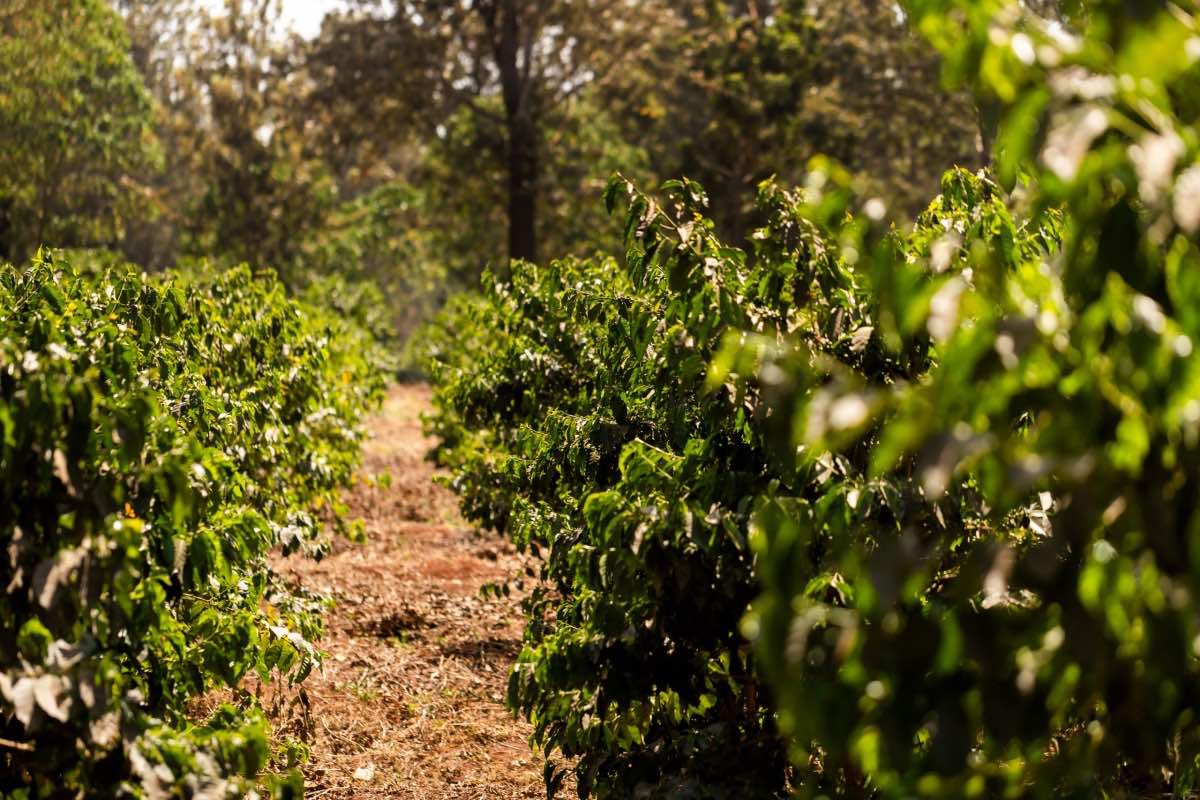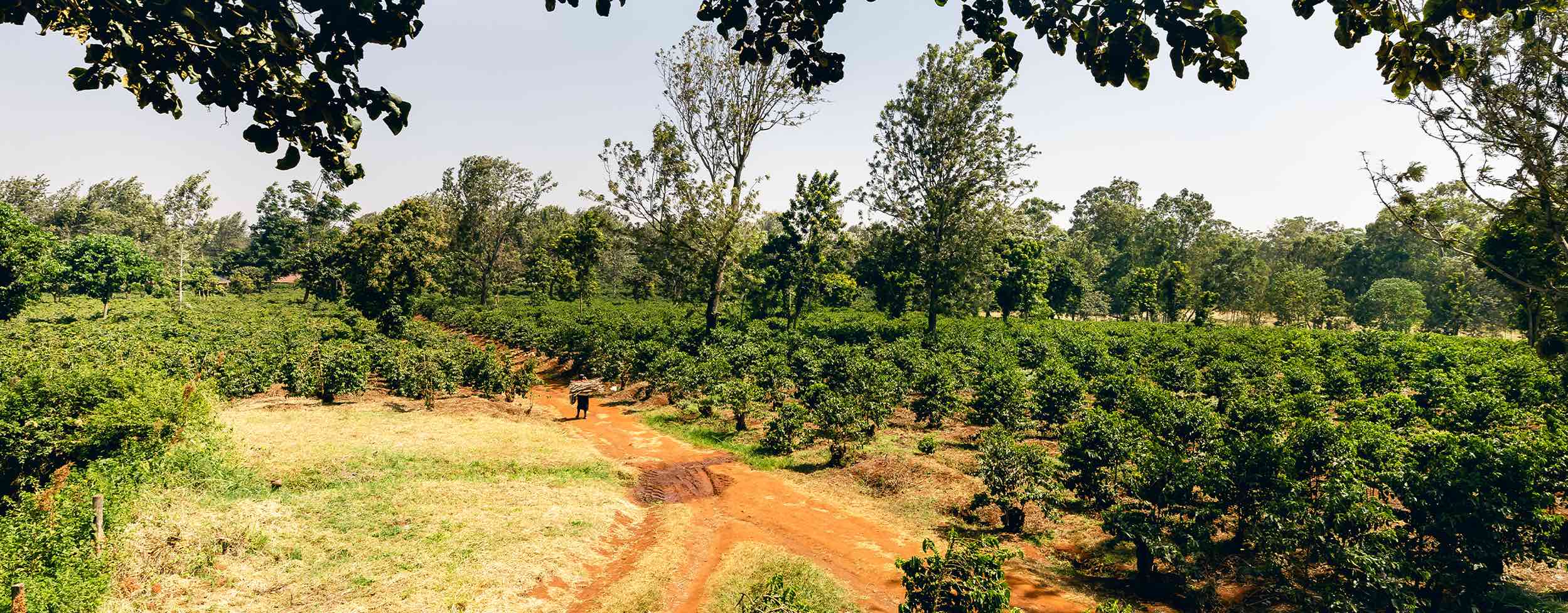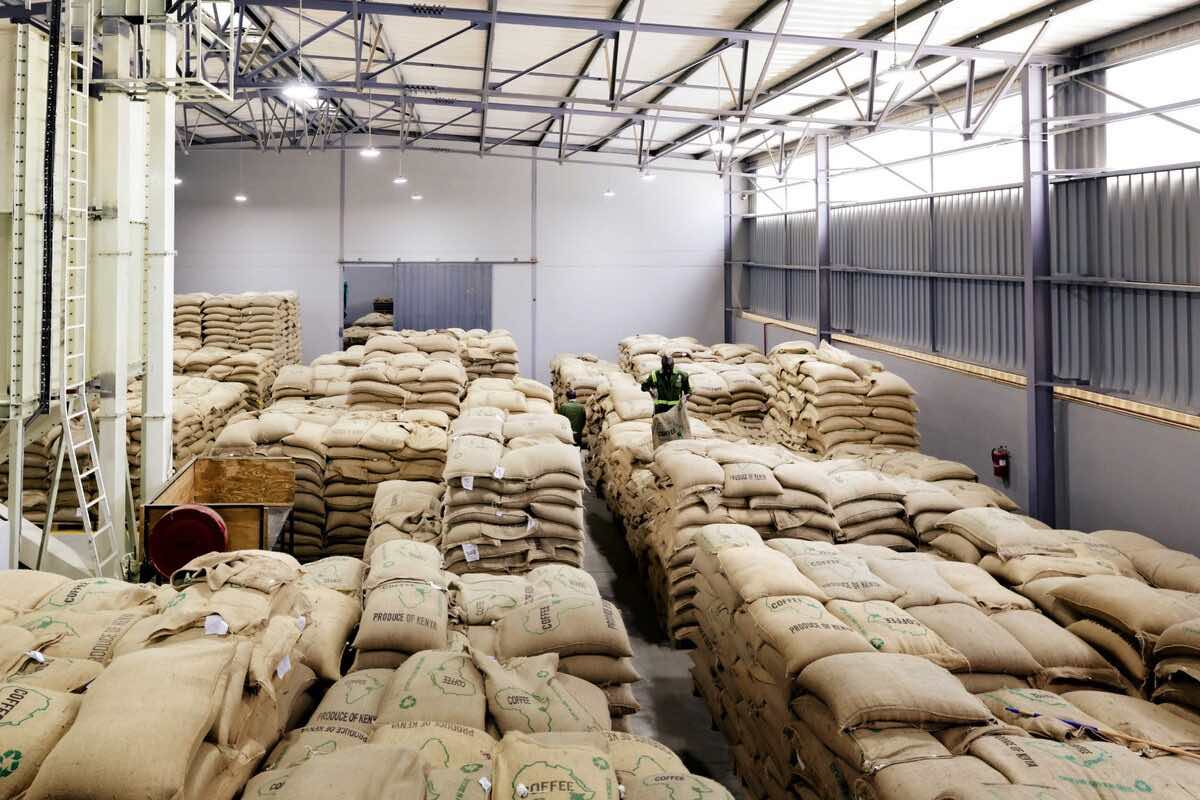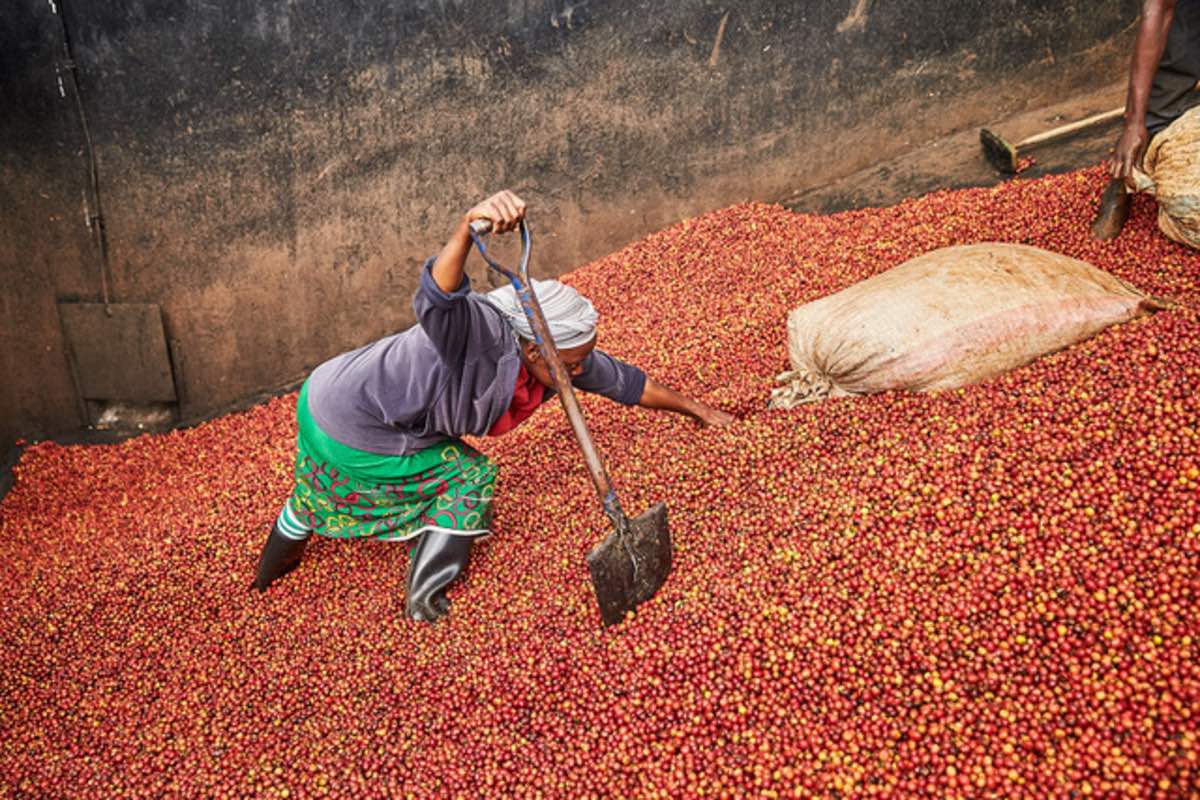
Kenya’s Coffee History
Introduction: Kenya’s Coffee History
Kenya boasts a captivating and intricate coffee history, unique among coffee-producing nations. Despite sharing borders with Ethiopia, the birthplace of coffee, Kenya’s journey with the beloved bean unfolded centuries later, resulting in a rich tapestry of flavors that reflect the country’s diverse coffee heritage.
At Servicoff Limited, we are deeply committed to preserving this legacy, showcasing Kenya’s distinctive coffee profiles internationally. Let’s unravel the layers of Kenya’s coffee history .
A Historical Odyssey:
Kenya’s engagement with coffee began nearly 300 years after its cultivation for commercial purposes began. Missionaries, both Scottish and French, introduced coffee plants to the region.
The French Mission Bourbon, transplanted from the island of Bourbon (now Reunion), and strains from Mocha brought by the Scottish missionaries contributed to the dynamic flavor profile of Kenyan coffee. These varieties circumnavigated the globe, adapting to diverse climates before finding their way back to Africa.
Established as a British colony, Kenya became a powerhouse in the coffee industry, strategically positioned to control the global tea and coffee markets. By the 1920s, coffee emerged as a major Kenyan export, and the auction system, developed in the 1930s, aimed to democratize the market for farmers.
After gaining independence in the 1960s, coffee gained importance for small landholders, contributing to a shift in ownership dynamics.
Servicoff Limited’s Presence in Kenyan Coffee History:
As of the 2000s, around 85% of coffee farms in Kenya are owned by native Kenyans, a testament to the country’s resilience and commitment to self-sufficiency.
At Servicoff Limited, we align with this vision, collaborating closely with local farmers, providing essential support and expertise to uphold the standard of Kenyan coffee.
Navigating the Market:
The Kenyan coffee market operates through two main systems – auction at the Nairobi Coffee Exchange and direct sales, known as the “Second Window.” Servicoff Limited understands the nuances of this market, participating actively to ensure fair prices and sustainable practices.
Through the auction system, highly sought-after Kenyan coffees can fetch premium prices, showcasing the global recognition of the country’s unique coffee offerings.
Cup Characteristics and Varieties:
Kenyan coffee is renowned for its acidity, but it goes beyond mere brightness Varieties like SL-28 and SL-34 offer dynamic and juicy profiles, while French Mission presents a more creamy and citric cup.
In addition to variety differences, regional nuances contribute to the diverse flavor profiles. Nyeri’s coffees exhibit fructose sweetness and strong tart acids, Embu offers a more complex profile with darker forest fruit notes, and Kirinyaga showcases floral and delicate cups.
A Glimpse into Processing:
Kenyan coffees undergo unique processing, adding another layer to their distinctiveness. The meticulous process involves depulping, fermentation, washing, and drying, all contributing to the flavor profile that defines Kenyan coffee.
At Servicoff Limited , we ensure that these processes maintain the highest standards, emphasizing the quality that has become synonymous with Kenyan beans.
Conclusion:
In conclusion, Kenya’s coffee history is a fascinating journey of resilience, adaptation, and excellence .
At Servicoff Limited, our role in this narrative is pivotal, bridging the past with the present to ensure the continuation of Kenya’s legacy in the global coffee industry.






